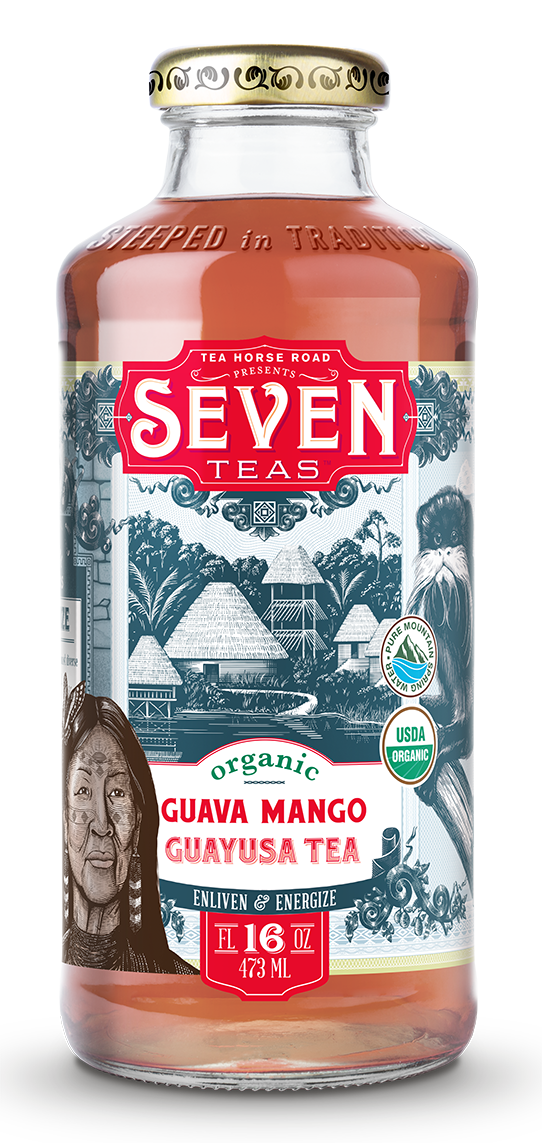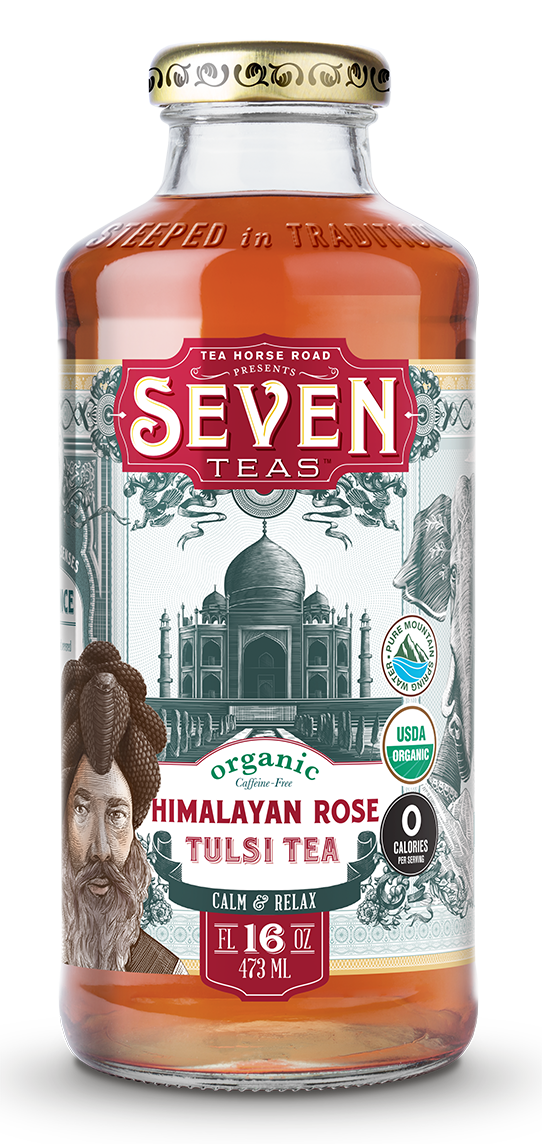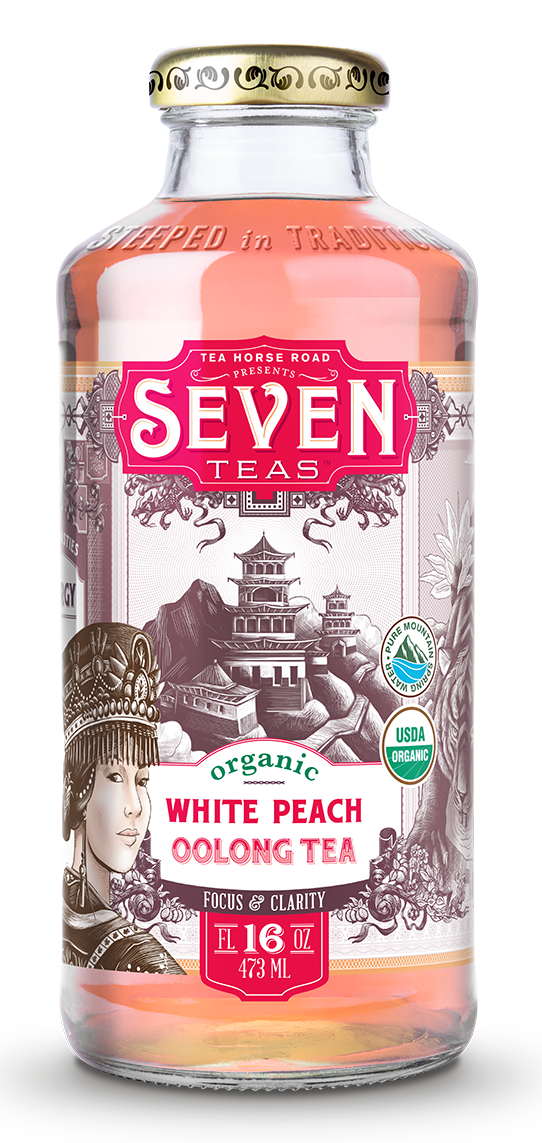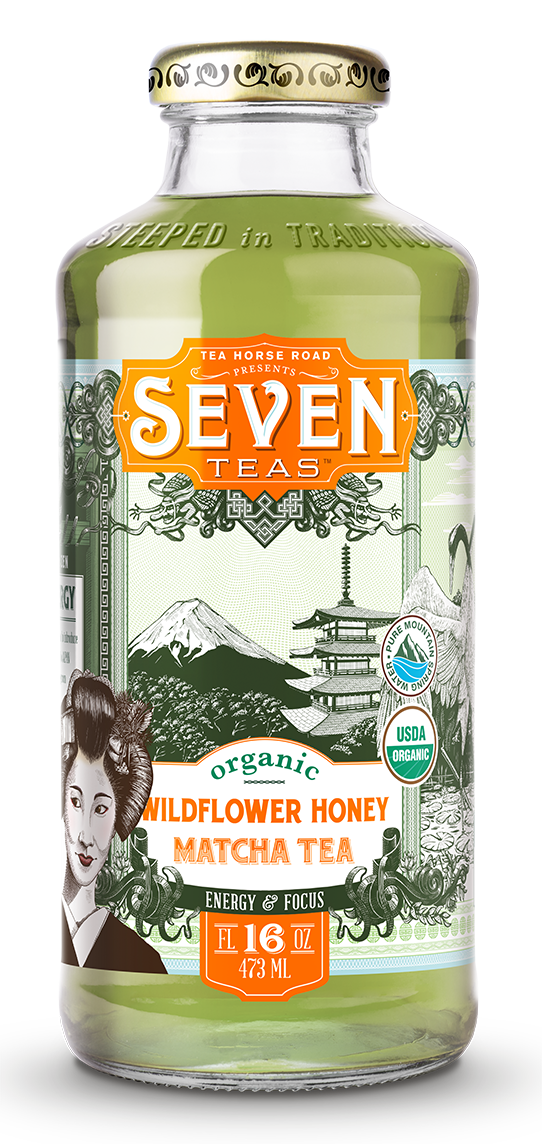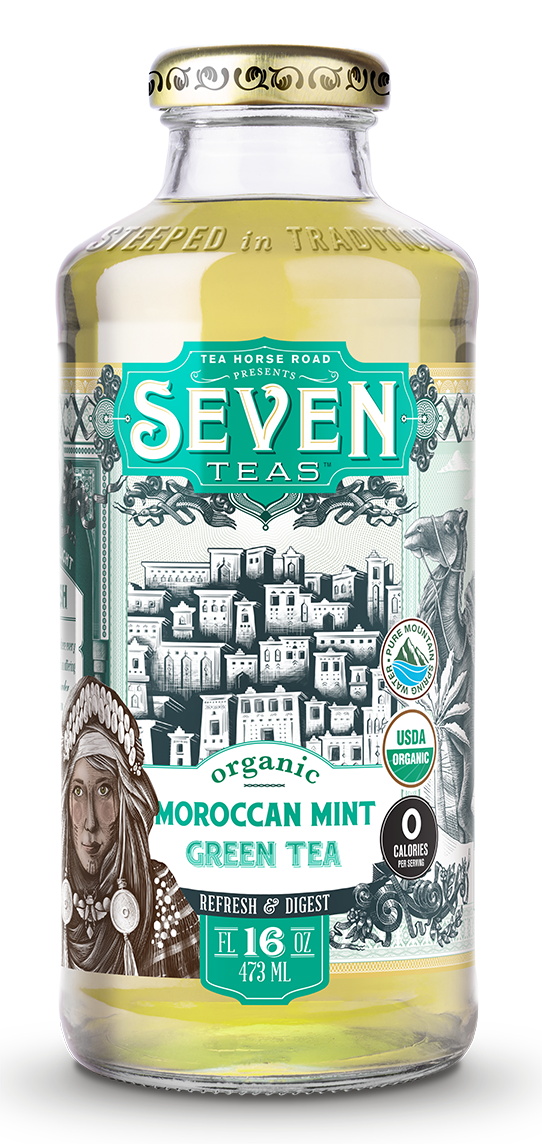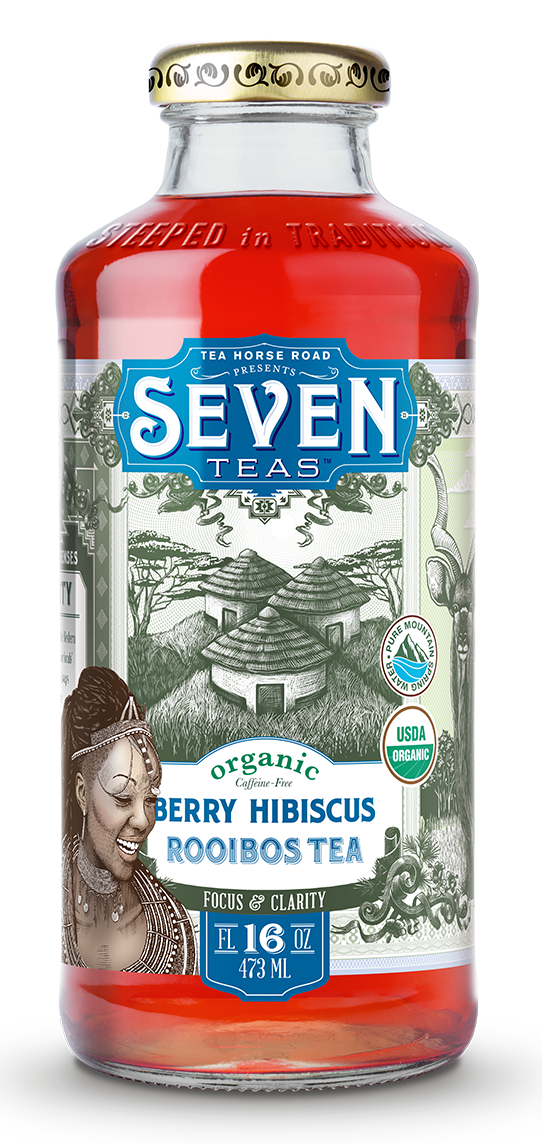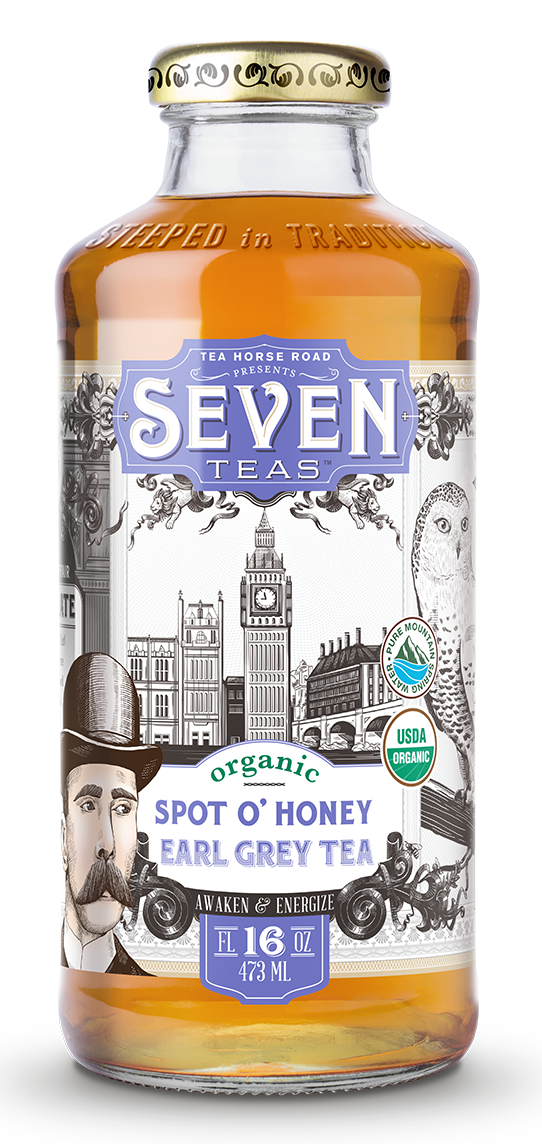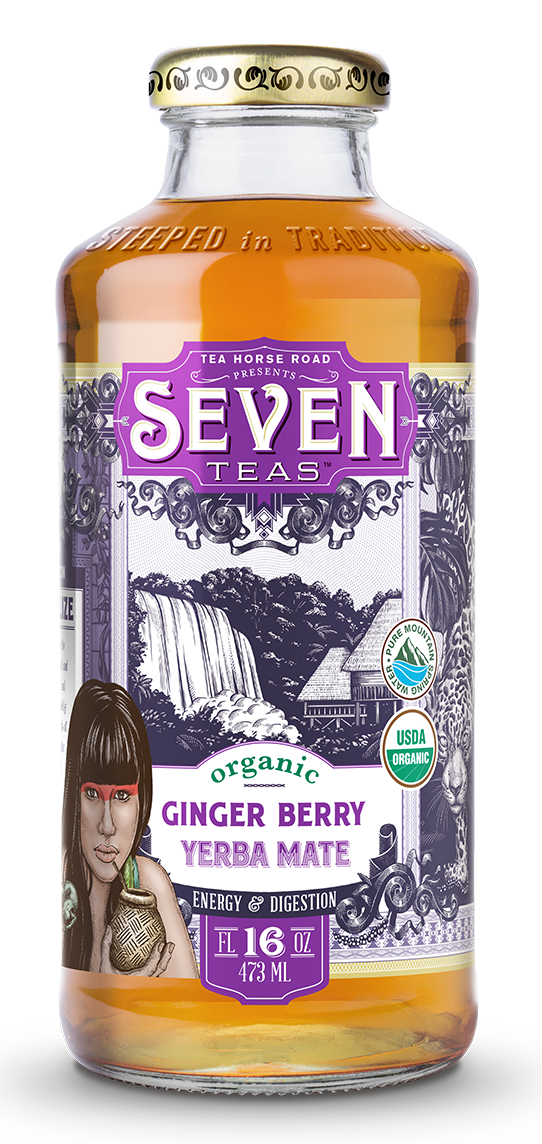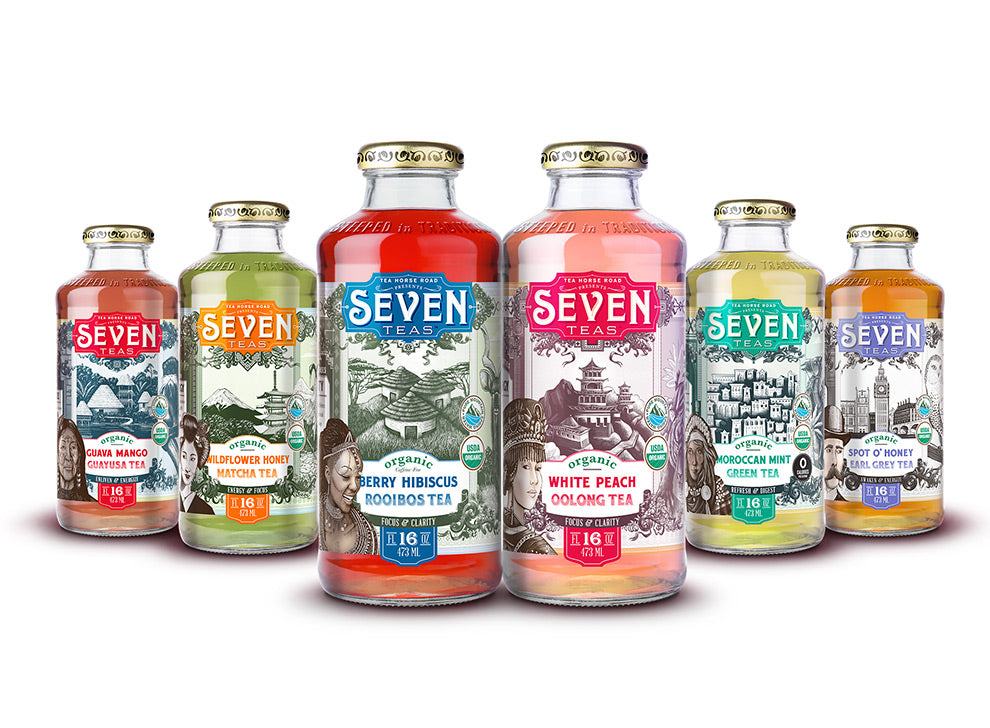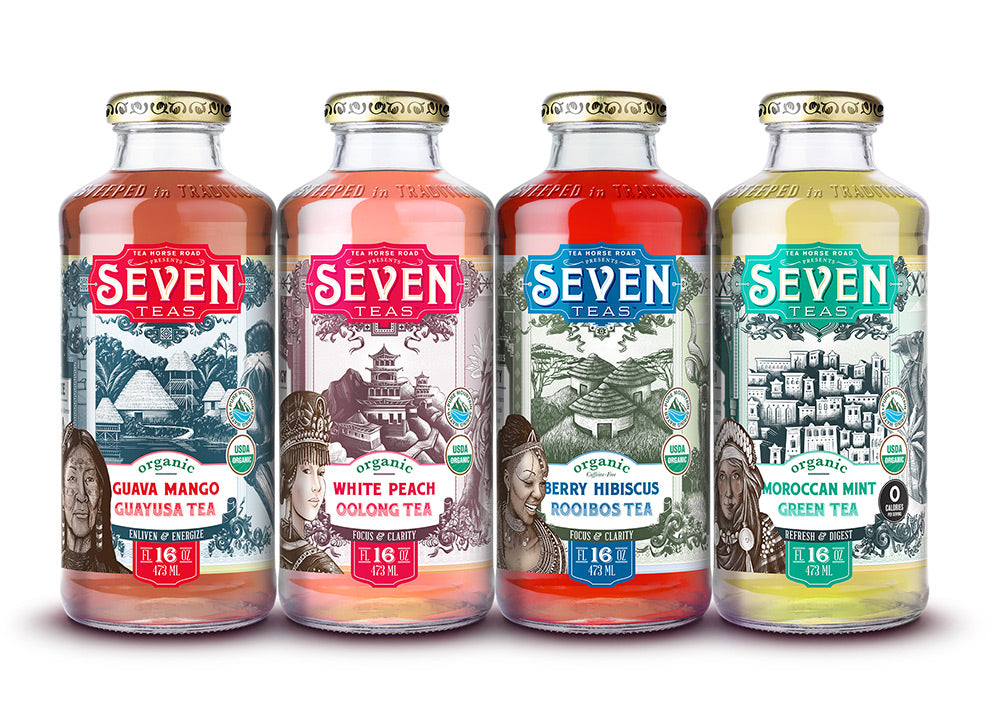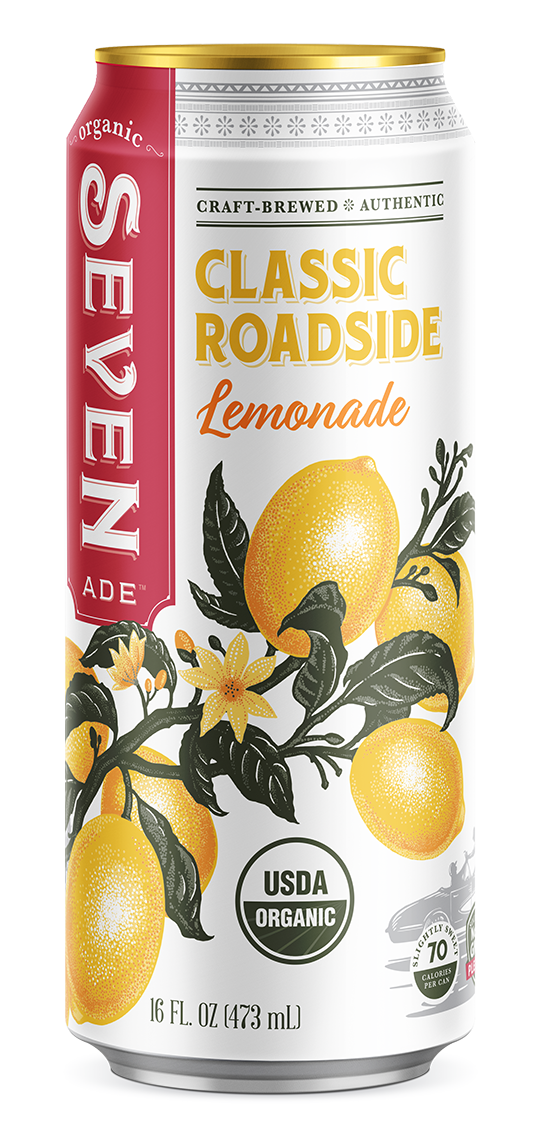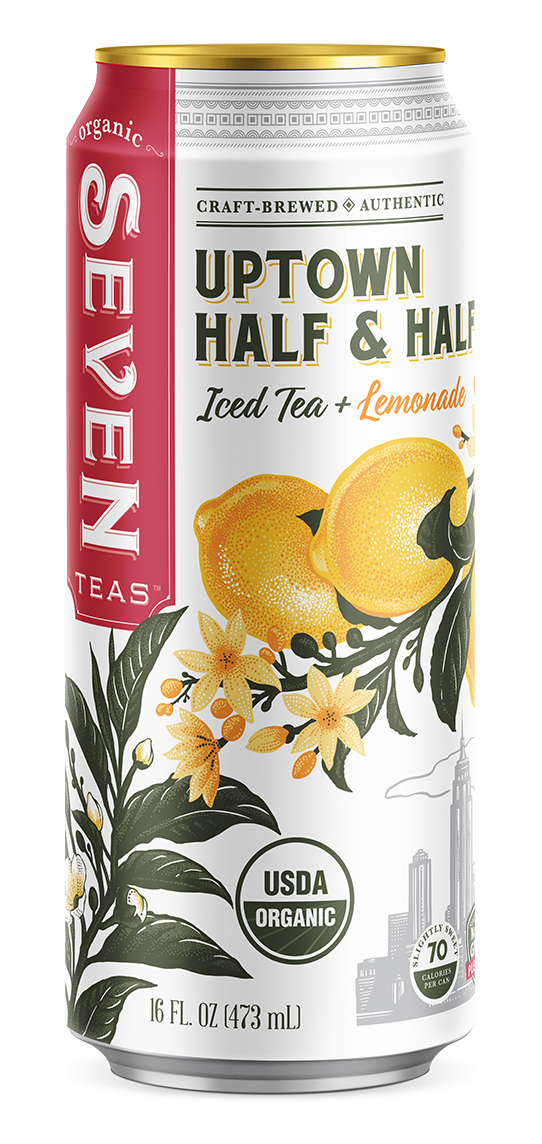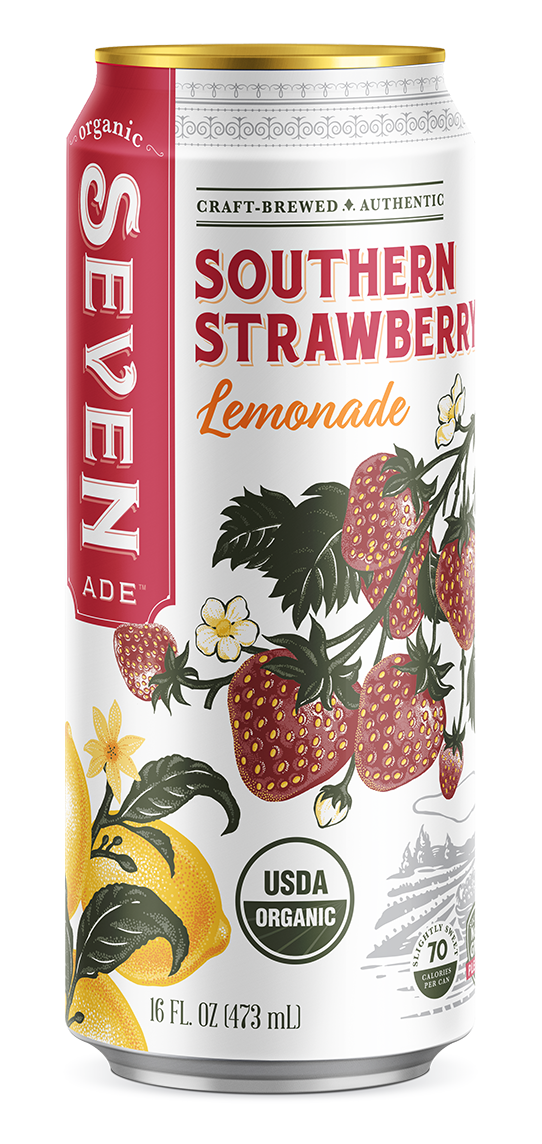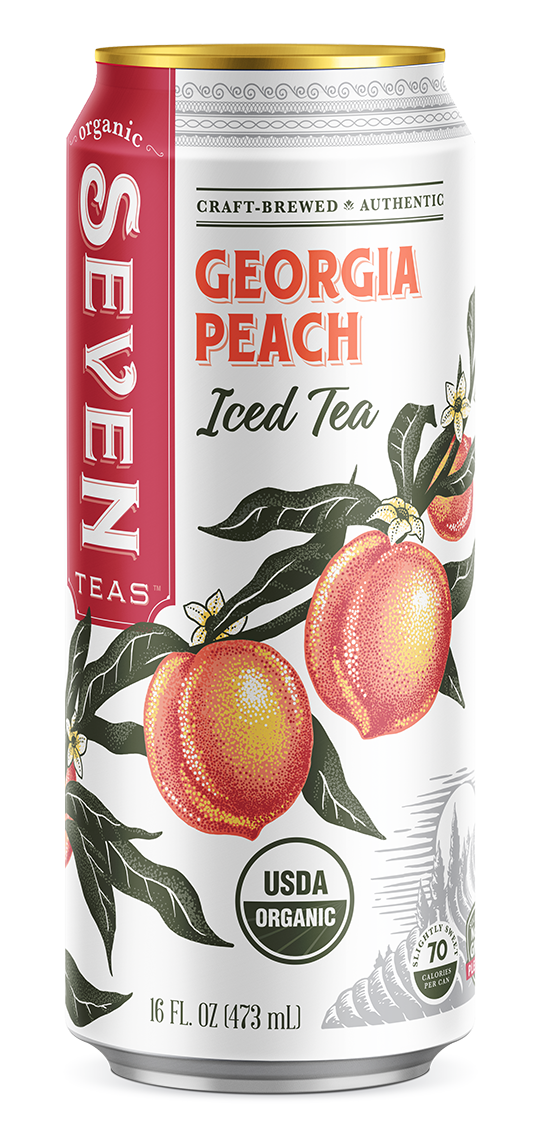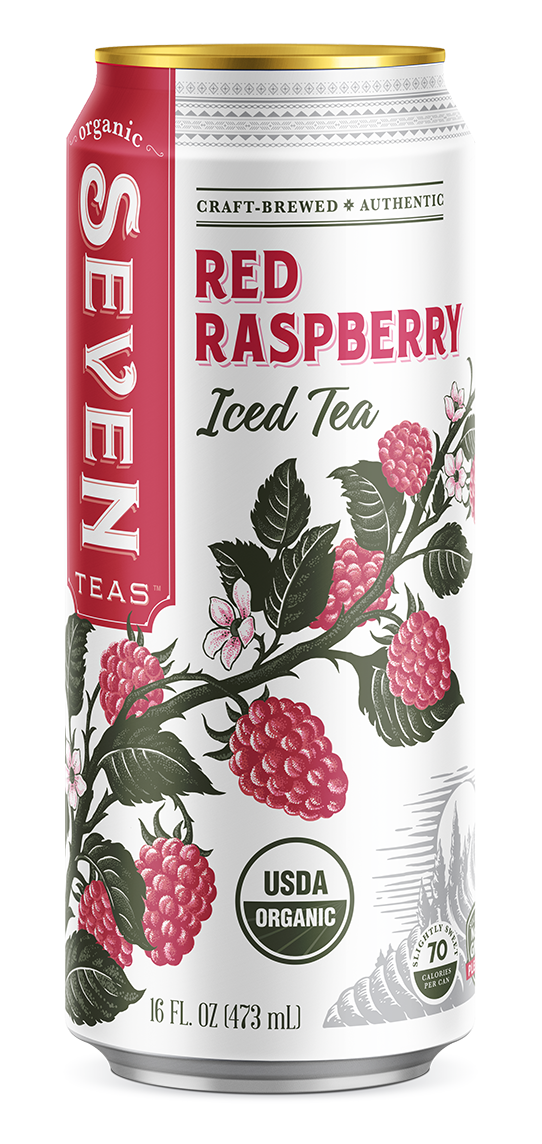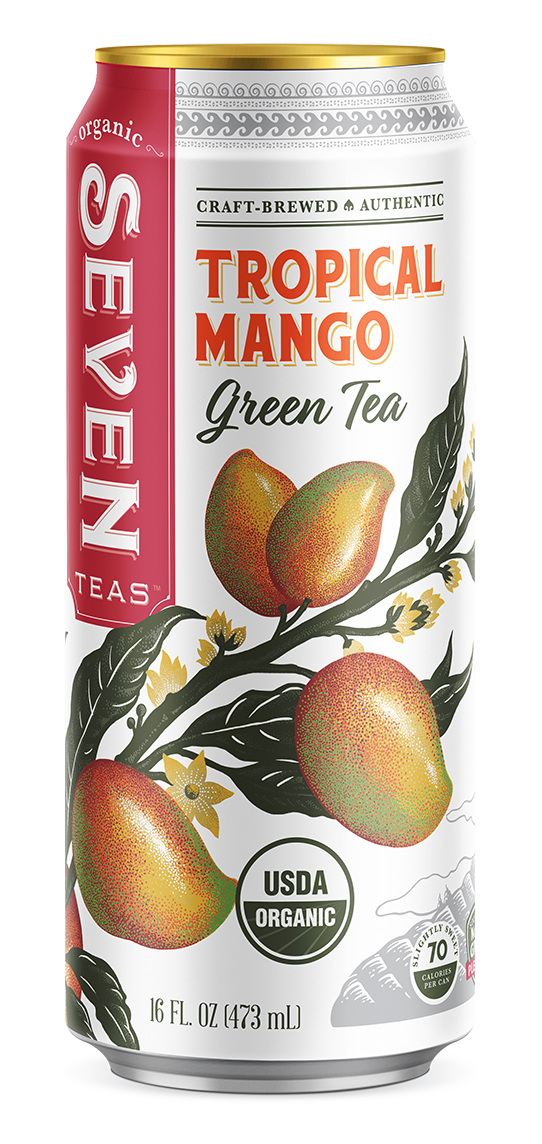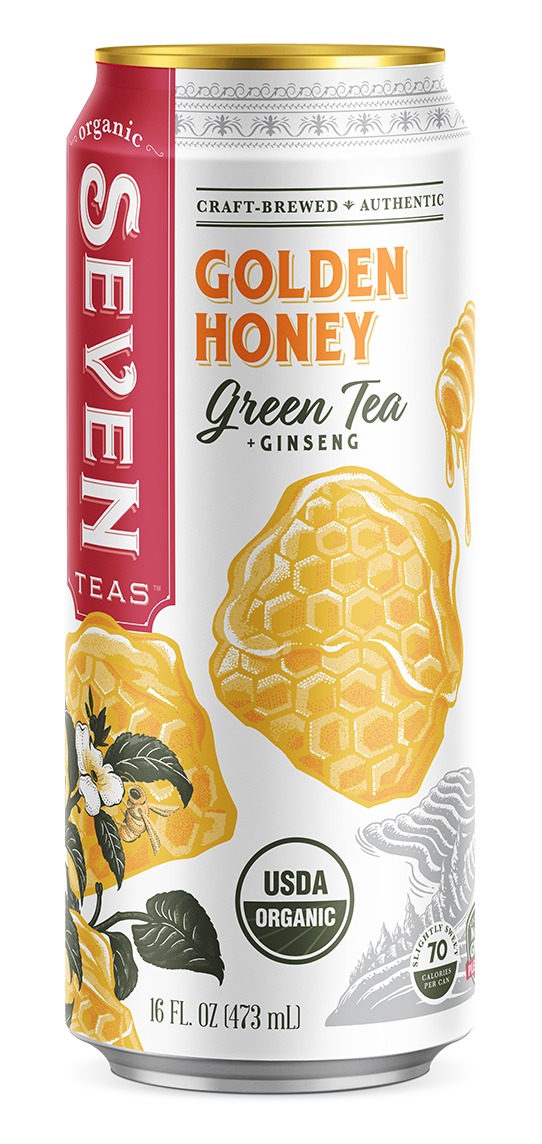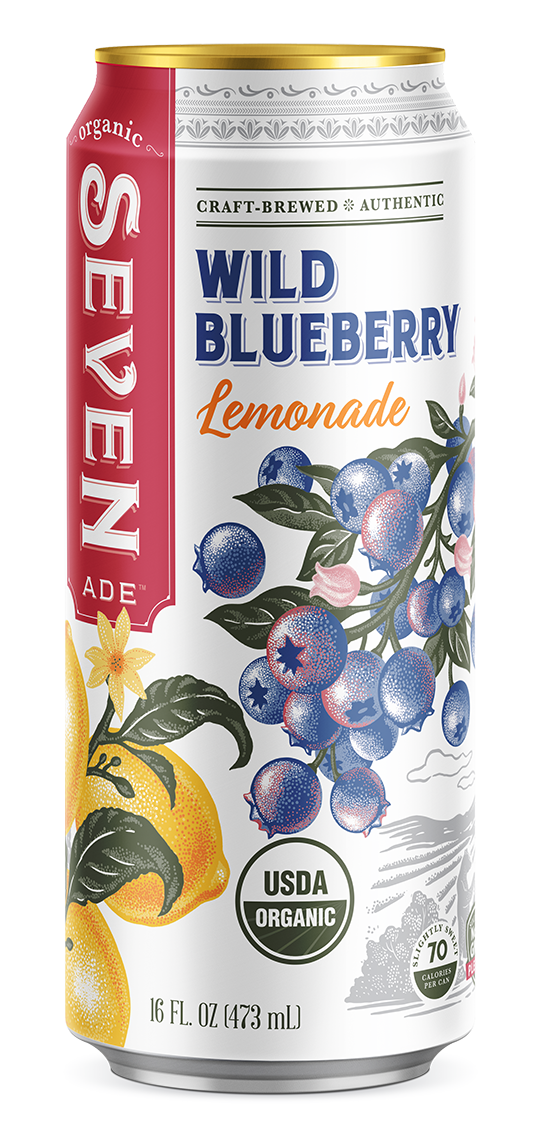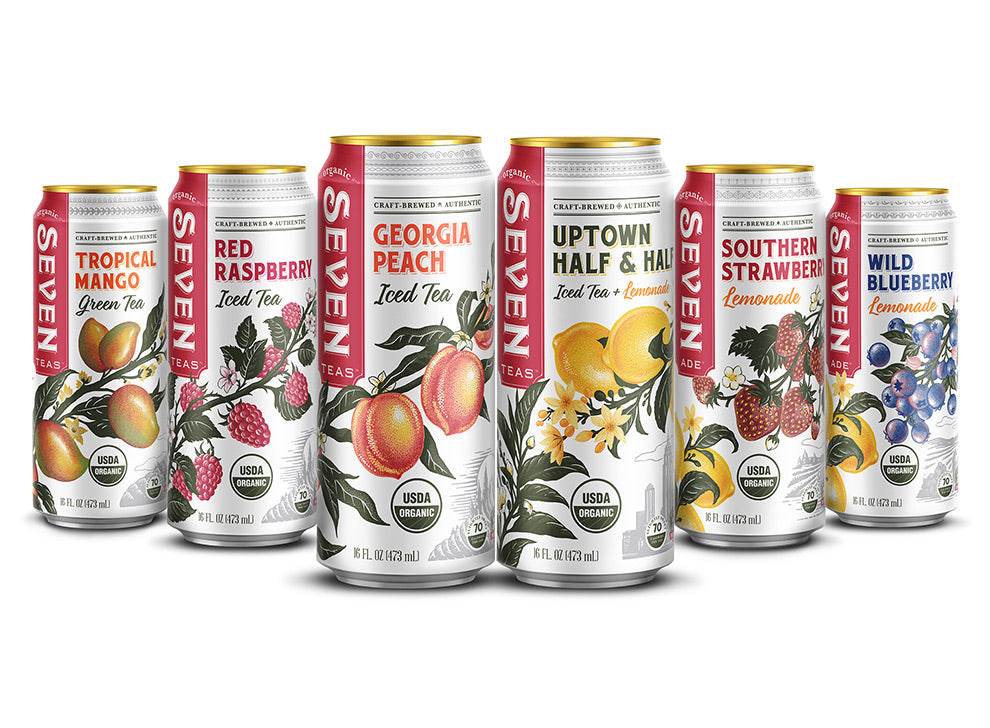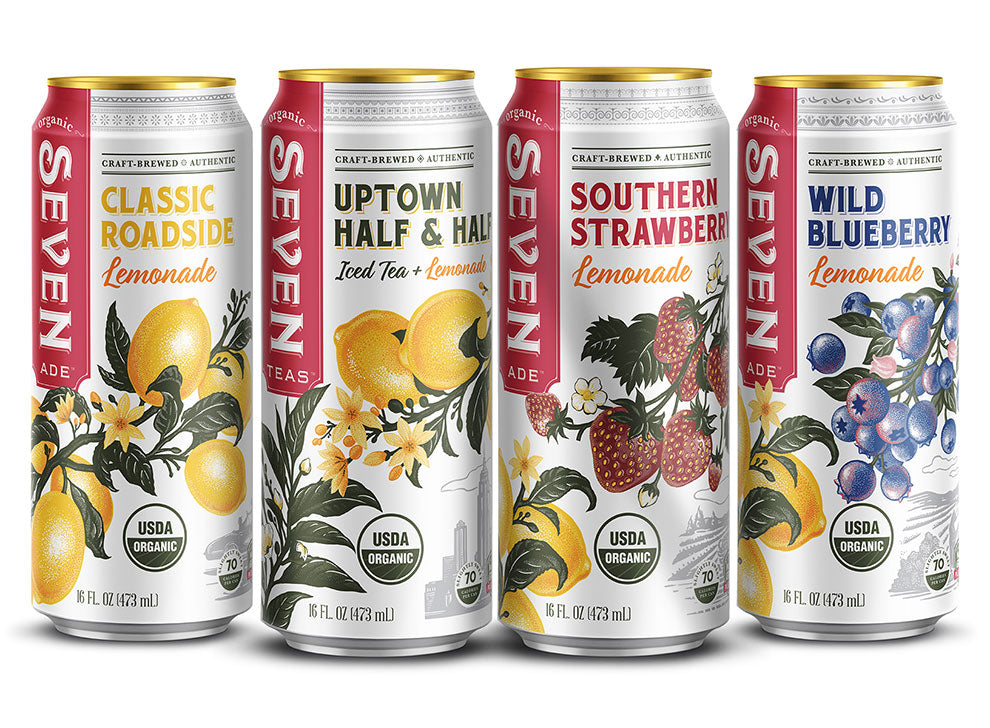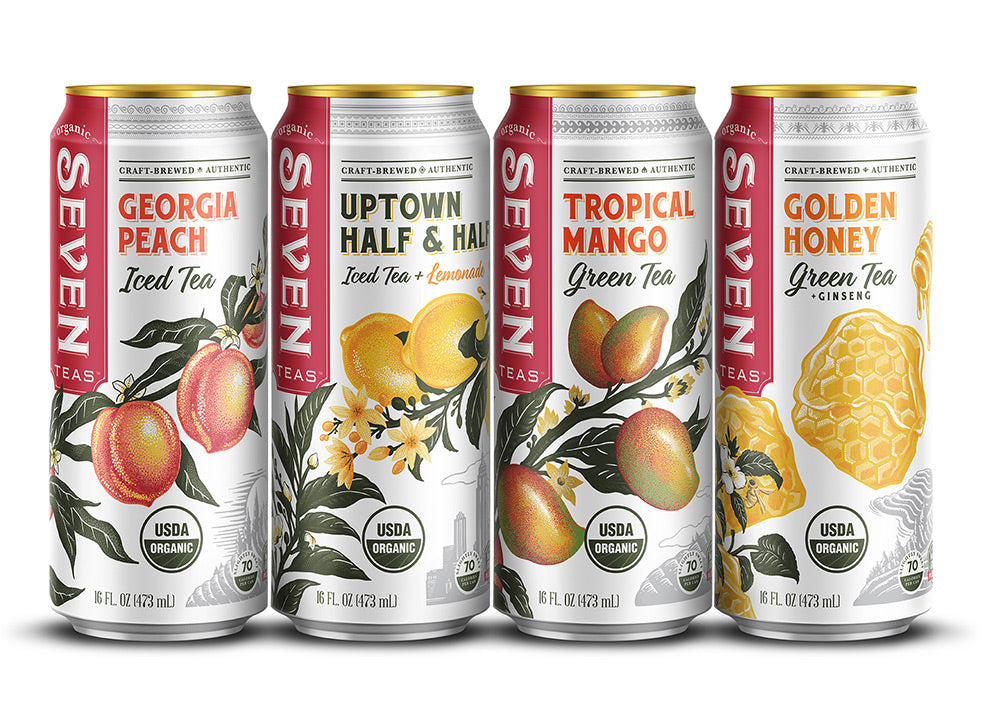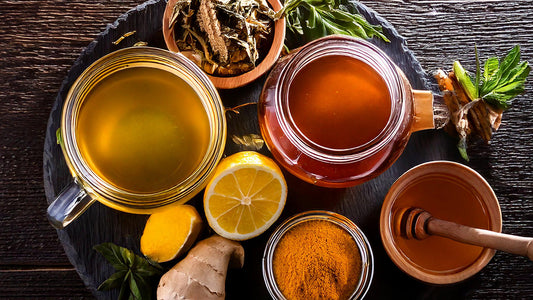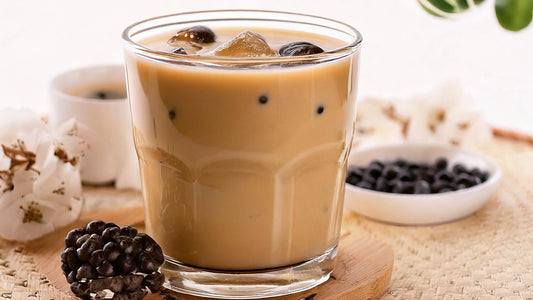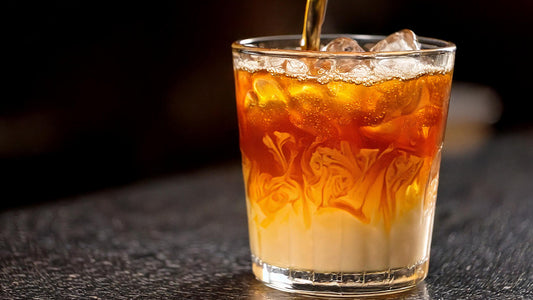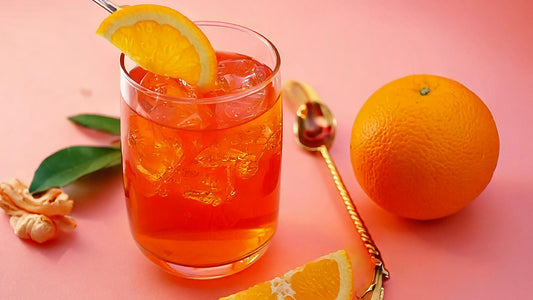If you're a tea lover looking to switch up your daily cup of tea, hibiscus tea is an excellent choice. The caffeine-free herbal tea is made from the dried flowers of the hibiscus plant and boasts a vibrant color and tangy flavor, making it a refreshing option for every season. But that's not all! Keep reading to learn more about the various health benefits of hibiscus tea and how to prepare it at home.
What is Hibiscus Tea?
Hibiscus tea is a popular caffeine-free herbal tea made from the dried flowers of the hibiscus plant. Originating in West Africa and Southeast Asia, hibiscus tea has a rich cultural significance in various countries, where it's consumed as a refreshing beverage or used for medicinal purposes.

What Does Hibiscus Tea Taste Like?
Hibiscus tea has a unique flavor profile that's tangy, fruity, and slightly sour, with a natural sweetness that makes it easy to enjoy. If you're a fan of fruit-infused teas, you'll love the bold flavor of hibiscus tea. Compared to other popular teas, such as black or green tea, hibiscus tea has a more tart and flavorful profile with a vibrant red color. You can add sweeteners like honey, sugar, or stevia or mix it with fruit juices, like orange or pineapple juice, for an extra burst of flavor.
Which Hibiscus is Used for Tea?
The specific hibiscus species used for making hibiscus tea is Hibiscus sabdariffa. This hibiscus plant grows in warm climates worldwide, with the highest-quality flowers coming from Sudan, Egypt, and Thailand. Hibiscus tea is available in different cultivars with unique flavors and nutritional profiles. For example, the Roselle cultivar has a tart flavor and is rich in antioxidants, while the Red Sorrel cultivar is sweet and milder.
How to Make Hibiscus Tea
Making hibiscus tea at home requires just a few ingredients. To prepare hot hibiscus tea, steep dry hibiscus flowers in hot water for 5-7 minutes, strain, and serve. For iced hibiscus tea, add sweeteners and fruit juices of your choice to the steeped tea and refrigerate until chilled. For concentrated hibiscus tea, boil dried flowers in water for 20-30 minutes, strain them, and store them in airtight containers. Adjust the strength and flavor of the tea to suit your personal preference.
Hibiscus Tea Health Benefits
Hibiscus tea is a popular beverage enjoyed for its tangy and fruity taste, but it also has numerous health benefits. Here are some of the most significant health benefits associated with hibiscus tea:
Promotes Healthy Skin
There are several benefits of hibiscus tea for the skin. Drinking hibiscus tea can be a great way to care for your skin! It's loaded with antioxidants that shield your skin from the damage caused by free radicals. By sipping on hibiscus tea regularly, you can help keep your skin looking younger. In addition, the high vitamin C content of hibiscus tea can also help to brighten and even out skin tone.
Boosts Immunity
Hibiscus tea contains high levels of vitamin C, which is essential for immune function. Vitamin C helps to support the production of white blood cells, which are critical for fighting infections and diseases. Additionally, hibiscus tea also contains antibacterial properties that can help to ward off harmful bacteria in the body.
Promotes Hair Growth
Drinking hibiscus tea can be a great way to support healthy hair growth as it contains essential vitamins and minerals such as vitamin C, iron, and zinc. These nutrients help to nourish your hair from the inside out, promoting blood circulation to the scalp and preventing hair loss.
Aids in Weight Loss
Hibiscus tea can potentially aid in weight loss by reducing the absorption of carbohydrates and fats in the body. Additionally, hibiscus tea contains compounds that can help to regulate metabolism and promote fat burning.
Reduces High Blood Pressure
Several studies have shown that hibiscus tea can effectively lower blood pressure in people with hypertension. The high levels of antioxidants and other compounds in hibiscus tea help to relax the blood vessels, reducing resistance and improving blood flow.
Lowers Cholesterol Levels
Consider sipping some hibiscus tea if you're concerned about your cholesterol levels. Studies have found that people who drink hibiscus tea experience reduced LDL or "bad" cholesterol levels. The polyphenols in the tea are responsible for this cholesterol-lowering effect.
May Improve Digestion
If you're experiencing digestive issues like constipation, hibiscus tea may relieve you. The tea contains certain compounds that stimulate the production of digestive enzymes and increase bowel movement frequency. Additionally, these compounds can help reduce inflammation in the digestive tract, promoting overall digestive health.
Anti-inflammatory Properties
Chronic inflammation may contribute to various health problems, from heart disease to diabetes. Fortunately, the polyphenols and other compounds in hibiscus tea have anti-inflammatory properties that can help reduce inflammation. By incorporating hibiscus tea into your diet, you can protect your health and prevent chronic inflammation from taking hold.
Helps to Relieve Anxiety and Depression
Research studies have shown that hibiscus tea calms the nervous system, making it a beneficial natural remedy for anxiety and depression. The flavonoids in hibiscus tea may help to regulate mood and reduce stress levels.
May Help to Reduce Menstrual Pain
People traditionally used hibiscus tea to relieve menstrual pain and cramps. Some studies suggest that hibiscus tea may help to reduce menstrual pain and improve other symptoms of premenstrual syndrome (PMS).
If you want to add a tasty and healthy beverage to your daily routine, hibiscus tea is a great option! It not only tastes great but also has many health benefits. Nevertheless, before making any significant dietary changes, you must talk to your doctor first, especially if you have any existing medical conditions.
Caffeine Content in Hibiscus Tea
If you're looking for a delicious and healthy drink without the jitters and crashes of caffeine, hibiscus tea could be an excellent option for you. Unlike coffee and some teas, hibiscus tea is naturally caffeine-free, which means you can enjoy it anytime without worrying about its stimulating effects.
Excessive caffeine consumption can lead to unpleasant side effects, such as increased heart rate, anxiety, and restlessness. This is why many people prefer hibiscus tea as a caffeine-free alternative to other drinks. But remember that some hibiscus tea blends may contain caffeine, especially if blended with black tea or yerba mate. So, make sure to read the label or ask the seller about the ingredients if you're looking for a caffeine-free drink.
It's essential to note that the recommended daily caffeine intake varies depending on individual factors such as age and weight. According to the FDA, a moderate caffeine intake of up to 400 mg daily is generally safe for healthy adults. If you have any concerns about your caffeine intake, it's always best to consult your healthcare provider.
Hibiscus Tea During Pregnancy
Hibiscus tea is generally safe for pregnant women to consume in moderation, but excessive consumption may be harmful. Some studies suggest that hibiscus tea may reduce high blood pressure and improve digestion, making it a potentially beneficial beverage for pregnant women. However, it's worth noting that drinking too much hibiscus tea during pregnancy may increase the risk of miscarriage and affect fetal development.
Therefore, healthcare providers recommend that pregnant women limit their consumption of hibiscus tea to one to two cups per day and consult with them before making any significant dietary changes. It is crucial to remember that every pregnancy is different, and what works for one may not work for another.
Conclusion
Hibiscus tea is a delicious and nutritious beverage people have enjoyed for centuries worldwide. It is a caffeine-free option with various health benefits, including improved skin and hair health, weight loss, and reduced blood pressure. Additionally, hibiscus tea is generally safe for pregnant women to consume in moderation, making it a potential beverage for expectant mothers.
However, it's essential to remember that excessive consumption of hibiscus tea or any other beverage may have adverse effects. Therefore, it's always best to consume hibiscus tea in moderation and consult a healthcare provider before making significant dietary changes. So, why not try hibiscus tea and experiment with different brewing methods and flavorings?
Explore our Organic Tea Collection from Seven Teas!
At Seven Teas, we maintain the highest standards when brewing our teas to preserve natural caffeine levels. We firmly believe that real brewed tea is unbeatable in taste, so we take great care to craft exceptional tea without compromising quality. We avoid shortcuts like citric acid, "natural" flavors, GMOs, high fructose corn syrup, tea extracts, or sift. Instead, we stick to the traditional method of steeping whole-leaf teas, just like you would at home. Our expertly hand-crafted tea guarantees an unmatched flavor and quality, brewed to perfection using an old-world technique. Try our organic tea selection today!
